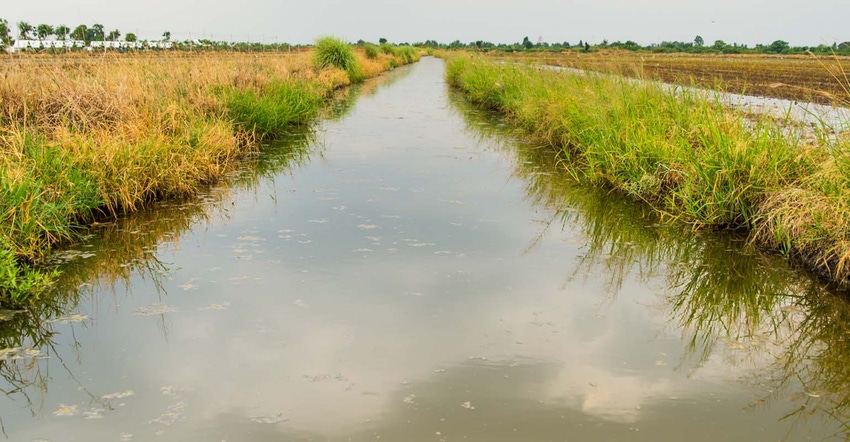August 8, 2018

The U.S. Army is moving to allow states and tribes to assume Section 404 permit authority under the Clean Water Act.
State governors and tribal leaders are being notified of this change and encouraged to assume this traditionally federal permitting authority. New Jersey and Michigan have already assumed the 404 permit program.
"This action supports this administration's dedication to infrastructure by providing states and tribes the clarity they need to better balance their environmental protection mission with their economic development goals," said R.D. James, Assistant Secretary of the Army for Civil Works. "In my view, implementing Section 404 in this clear and decisive manner not only adheres to the language of the statute and the intent of Congress when enacting Section 404(g), but it is also in the overall best interest of the Army and the regulated public."
What is Section 404?
Under Section 404 of the Clean Water Act, a permit is required before dredged or fill material can be discharged into navigable waters or certain wetlands. Activities undertaken using such a permit are typically infrastructure projects like highways or airports, mining operations or dam or levee construction.
The scope of waters that must be retained by the U.S. Army Corps of Engineers under Section 404 is limited to waters that are jurisdictional under Section 10 of the Rivers and Harbors Act of 1899, excluding waters that have only had historical navigation use and including wetlands adjacent to Section 10 waters from the high-water mark of the water landward to an administrative boundary agreed upon by the state or tribe and U.S. Army Corps of Engineers.
Reaction
“The Clean Water Act was supposed to give states a real say in how water was regulated,” American Farm Bureau Federation President Zippy Duvall said. “. . . Only two states today―Michigan and New Jersey―have authority to issue permits to allow landowners to move soil that could potentially affect federally regulated waters. At least 14 more states have expressed interest in having those same powers, so today’s announcement takes us closer to how the law was intended to work. This is a major moment for federalism. Because permitting has been so complex and expensive, most farmers and ranchers have given up on exercising their rights under the law. This agreement is a step toward fully restoring the rule of law to environmental regulation.”
Source: U.S. Army, AFBF
You May Also Like




